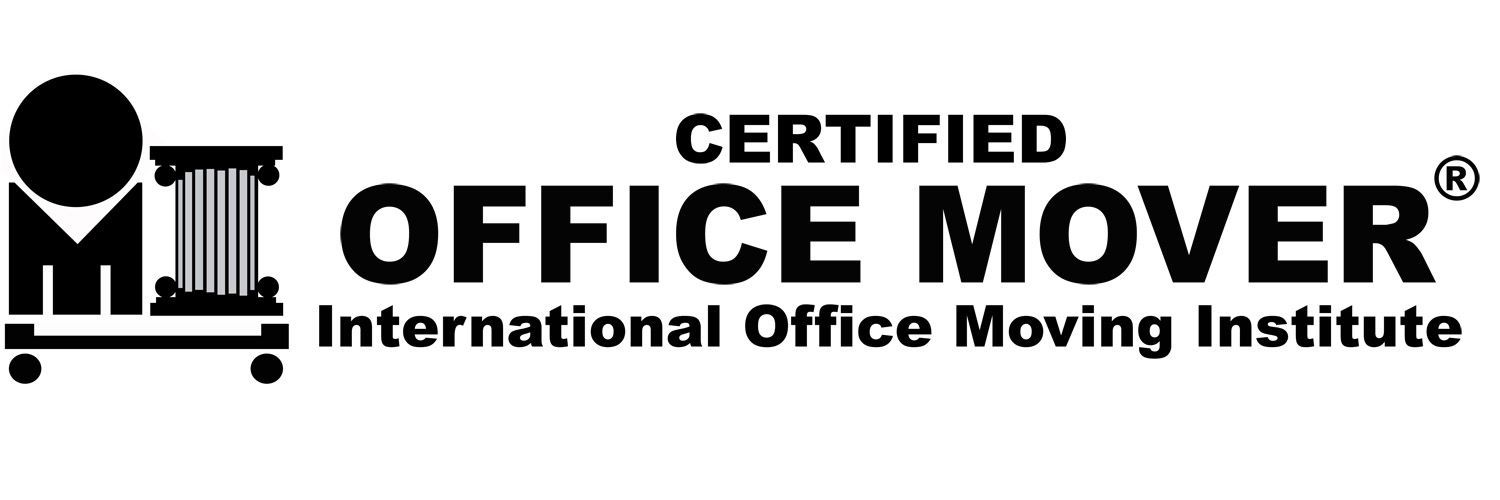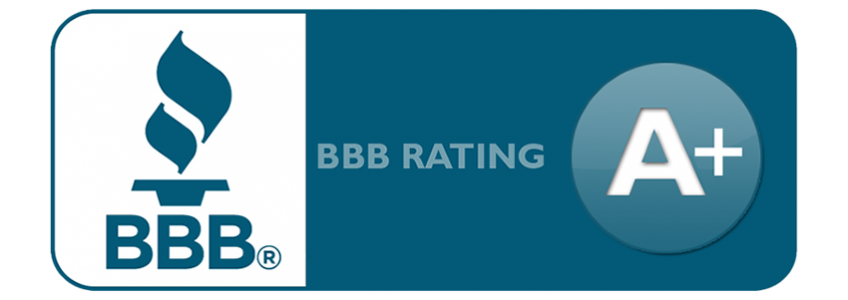All You Need To Know Guide On Elgin IL Cost Of Living
Are you thinking of moving to Elgin, Illinois? This city is located just 35 miles northwest of sprawling Chicago. It’s home to 109,567 happy residents, making it the eighth-largest city found in the beautiful state of Illinois.
However, with a state income tax that’s a massive 101% higher than the national average and a sales tax that’s also 23% higher, Illinois may not be an affordable place to live.
In this ultimate guide, we’ll be looking at all you need to know about Elgin IL cost of living.
Elgin IL Cost Of Living
Elgin is a community-first city. Frequent, fun-filled events support its commitment to providing residents with a high quality of life. From free concerts in Wing Park to the fabled Fox River bike trail, there’s always something to see and do here.
Today, we find that the cost of living in Elgin, IL is 3% higher than the national average. LivingCost ranks Elgin 1255th out of 2202 of the most expensive cities in the United States.
Undoubtedly, the high cost of housing is a contributing factor that makes a living in Elgin more expensive than in other similar-sized cities.
Housing
Housing in Elgin is 12% higher than the national average. It’s not all bad news, though, especially if you plan to purchase property there.
Buying Property in Elgin
Elgin hosts over 40,000 homes, of which the average house is worth around $390,005. If you are planning on buying a home, you’ll find that the state of Illinois has a somewhat lower than average mortgage rate.
The mortgage rate over 20 years in Elgin is only 3.94%. This lower mortgage rate could help save you some money in the long run.
You’ll find that the most desired areas tend to be in the southwest parts of Elgin. Here you’ll find places such as Hawkins Glen, Homeward Hill, and even Fair Oaks that are all entirely in demand. Since these neighborhoods are so popular, they tend to be more expensive.
In contrast, more affordable homes are found in the southern regions of Elgin. Neighborhoods such as Saint Charles and Geneva will save you quite a bit of money with their affordable housing.
Buying property is typically a considerable investment that not everyone can afford. Another solution to enjoying a low cost of living in Elgin is by renting.
Renting Property in Elgin
You could save quite a bit of money by renting a property in Elgin, IL. We find that the average monthly cost of rent in Elgin is around $1,537 per month. The cost of rent here is slightly higher than the state’s average, which is $1,330.
If you want to save a bit, you should rent an apartment in Elgin’s downtown or central areas. A single-bedroom apartment in the Downtown area will set you back around $1072 a month.
However, if you don’t mind paying a bit more for a luxurious apartment, you should look at renting in Stonecrest and Hedgerow.
The apartments here are more prominent and are surrounded by some of the most beautiful views in Elgin. They can cost anything from $1895 and up, though, so do keep that in mind.
Today, we find that the average household income in Elgin is around $6,308 per month. This means that the average renter in Elgin spends about 24% of their income on housing.
This is perfectly in line with the rule of 30%. The 30% rule states that your mortgage, rent, and utilities should never exceed 30% of your total income. By doing this, you’ll be living a comfortable, affordable life in Elgin.
Utilities
Since Elgin is in Illinois, it experiences some of the coldest weather in the United States. This weather will affect your utility bills. However, it’s a pleasant surprise to learn that utility costs in Elgin are considerably lower than the national average.
Utilities in Elgin are 16% lower than the national average and 5% lower than elsewhere in Illinois. You can expect to pay around $140.67 a month on your energy bill, making it somewhat easier to save money here and reduce your Elgin IL cost of living.
Another essential utility bill is that of internet service. A fast 50 MBps internet connection with an unlimited data plan will cost you around $65.50 a month. Nomad List describes Elgin’s internet connections as super fast, making it a great place to live for remote workers that need a stable internet connection.
Another critical factor that impacts your cost of living is that of food and groceries.
Food And Groceries
Food and groceries in Elgin, IL, are 2% higher than the national average. A gallon of fresh milk will set you back $1.97, while a carton of eggs is $1.84.
A single adult living in Elgin can expect to pay around $493 a month on groceries with these costs. On the other hand, a family of four should budget about $1,285 for monthly groceries.
Luckily, you won’t be eating at home every night. Elgin is home to a thriving Hispanic community. There are several Mexican restaurants with freshly prepared, traditional burritos and even tasty margaritas on offer.
An average fast food meal is around $7.71, while a three-course meal in a mid-range restaurant is $53.20 for two people. It’s not just Mexican food that’s on offer here. You’ll find sushi and even Chicago deep dish pizza on offer in Elgin. So, there’s something for every palate.
While dining out every night will quickly become expensive and increase your cost of living, there’s a weekly farmer’s market where you can buy fresh veggies and fruit at very reasonable rates.
Frequenting the weekly farmer’s market is a great way to reduce your food and grocery costs while also providing you with the opportunity to meet your neighbors. You’ll also get some of the freshest and healthiest foods in Elgin.
Healthcare
Unfortunately, we find that healthcare services in Elgin are 9% higher than the national average. The higher than average cost here will see you paying about $120.23 to visit the doctor. Even dentists are more expensive, coming in around $103.29 per visit.
Gym membership in Elgin is also slightly more expensive than the national average. You’ll end up paying around $38.2 per month for one adult.
Luckily, you do get what you’re paying for here. Nomad List states that healthcare in Elgin is pretty good. Not only do you have access to good healthcare in the city, but there are plenty of other options to keep fit and healthy throughout the year.
Popular among locals is the fabled Fox River biking trail. This trail is perfect for outdoors, adventure-loving types. There are also several open spaces and parks to jog or walk to stay in shape. You’ll quickly find that Elgin is a walkable city.
Transportation
Transportation in Elgin is 11% higher than the national average. If you plan on using your car, you’ll end up paying about $2.91 for a gallon of gas. Luckily, you’ll be happy with the ample free parking available in the downtown area.
Downtown Elgin has parking space for more than 1,000 vehicles, and parking is always free of charge. The free parking should help ease any transportation costs that you may have. Of course, using your private vehicle to commute isn’t the only way of getting around in Elgin.
Public Transport
Since Elgin is only a 45-minute drive from downtown Chicago and just 30 minutes from O’Hare International Airport, you’ll find that the city is serviced by excellent public transport.
On average, a single bus fare for an adult is around $2.13, while a monthly ticket will only set you back at about $56.20. You can also use public transport to get around the city and commute daily to nearby Chicago. Most residents work in Chicago, so they commute daily to the big city that’s just next door to Elgin.
You don’t have to make use of public transport though. Elgin is well-known for its excellent and well-maintained bike lanes. It’s also a walkable city, making getting around relatively easy. Walking or biking will also save you quite a pretty penny when living in Elgin.
Another place where you can try to lower your Elgin IL cost of living is looking at your education and childcare expenses.
Education and Childcare
Well done on a wise decision if you are planning on starting a family in Elgin. Elgin has some of Illinois’ top-rated schools and universities. For instance, Wheaton College is ranked as one of the top universities in Illinois.
Since the colleges are all nearby, your child can study and live at home, which should help your budget out quite a bit. By doing this, you’ll have a lower cost of living in Elgin.
Daycare and preschools are expensive in Elgin. Full-time daycare for one child will cost on average $876 a month. International primary school fees are around $1,3471 a year.
With all of the essential living costs sorted, it’s time to look at what you can expect for entertainment when moving to Elgin, IL.
Entertainment
Elgin has a lot to offer, no matter your preference. From plenty of local restaurants to some of the coldest beer around. You’ll find that cold beer in a local pub will only set you back $4.47, slightly more than the national average.
If you’re feeling brave, you should pay a visit to Elgin’s famous Grand Victoria Casino. This casino offers authentic, Las Vegas-style gaming, entertainment, and a buzzing nightlife where you can test your skill and luck.
There are also plenty of cultural activities to indulge in. Art events, such as Elgin’s Fringe Fest and Art Harvest, will provide you with a night of sublime cultural activities. Remember to grab a bottle of mid-range wine for only $12.20 to complete the evening.
Of particular note is the stuffed pork chops served with soft, mashed potatoes and spicy mango-chipotle chutney. You can enjoy this feast at the famous Elgin Public House.
Luckily, you don’t have to pay for every bit of entertainment on offer in Elgin. There are plenty of free activities to enjoy. You can explore the Elgin Area History Museum, stroll through Lords Park Pavilion and even pay the local animals in the Elgin Zoo a visit.
Suppose you prefer reading, head on over to the Gail Borden Public Library that has a range of over 530 000 books to choose from. You’ll find that entertainment in Elgin can be both fun and affordable.
Salaries in Elgin
If you want to relocate to Elgin, you’ll find that the average household income in the city is about $6 308. This income is enough to cover the cost of living in Elgin for two months.
The unemployment rate in Elgin is 6%, which is about on par with the national average. The City of Elgin released a report in 2018 stating that they employ at least 57,000 people.
Most workers are found in the manufacturing, healthcare, and retail sectors. Some big names, such as J.P Morgan Chase and Advocate Sherman Hospital, are top employers within the city.
There are also plenty of people that commute daily to nearby Chicago where they are employed. They choose to live in Elgin because the cost of living here is less than that in busy Chicago. They’re also still close to home and work in the big city.
Key Takeaways
Starting a new life is never an easy thing to do. There’s a lot to consider. You’re faced with logistical questions, such as how to hire the right moving company and the cost of living in your new destination.
Luckily, Elgin, IL, is a good choice. The city may be somewhat more expensive than the national average, yet it offers a close-knit community focused on diversity and keeping the true American suburban dream alive.
If you’re moving soon then you will need local or long distance movers.




